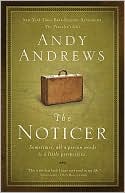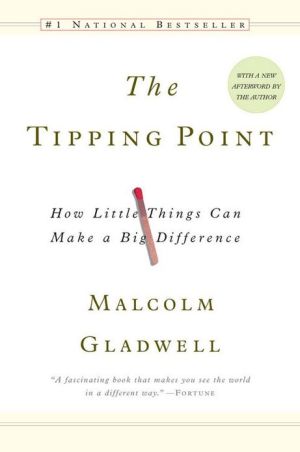Conjectures and Refutations
Conjectures and Refutations is one of Karl Popper's most wide-ranging and popular works, notable not only for its acute insight into the way scientific knowledge grows, but also for applying those insights to politics and to history. It provides one of the clearest and most accessible statements of the fundamental idea that guided his work: not only our knowledge, but our aims and our standards, grow through an unending process of trial and error.
Search in google:
Conjectures and Refutations is one of Karl Popper's most wide-ranging and popular works, notable not only for its acute insight into the way scientific knowledge grows, but also for applying those insights to politics and to history. It provides one of the clearest and most accessible statements of the fundamental idea that guided his work: not only our knowledge, but our aims and our standards, grow through an unending process of trial and error.
PrefacexiAcknowledgementsxivPreface to the Second EditionxvPreface to the Third EditionxviiIntroduction: On the Sources of Knowledge and of Ignorance3Conjectures1Science: Conjectures and Refutations43AppendixSome Problems in the Philosophy of Science782The Nature of Philosophical Problems and their Roots in Science873Three Views Concerning Human Knowledge1301The Science of Galileo and Its Most Recent Betrayal1302The Issue at Stake1343The First View: Ultimate Explanation by Essences1394The Second View: Theories as Instruments1445Criticism of the Instrumentalist View1496The Third View: Conjectures, Truth, and Reality1534Towards a Rational Theory of Tradition1615Back to the Presocratics183AppendixHistorical Conjectures and Heraclitus on Change2066A Note on Berkeley as Precursor of Mach and Einstein2247Kant's Critique and Cosmology2371Kant and the Enlightenment2382Kant's Newtonian Cosmology2403The Critique and the Cosmological Problem2414Space and Time2425Kant's Copernican Revolution2446The Doctrine of Autonomy2468On the Status of Science and of Metaphysics2491Kant and the Logic of Experience2492The Problem of the Irrefutability of Philosophical Theories2619Why are the Calculi of Logic and Arithmetic Applicable to Reality?27210Truth, Rationality, and the Growth of Scientific Knowledge2911The Growth of Knowledge: Theories and Problems2912The Theory of Objective Truth: Correspondence to the Facts3023Truth and Content: Verisimilitude versus Probability3094Background Knowledge and Scientific Growth3225Three Requirements for the Growth of Knowledge326AppendixA Presumably False yet Formally Highly Probable Non-Empirical Statement336Refutations11The Demarcation Between Science and Metaphysics3411Introduction3422My Own View of the Problem3443Carnap's First Theory of Meaninglessness3494Carnap and the Language of Science3565Testability and Meaning3686Probability and Induction37712Language and the Body-Mind Problem3951Introduction3952Four Major Functions of Language3973A Group of Theses3984The Machine Argument3995The Causal Theory of Naming4016Interaction4027Conclusion40213A Note on the Body-Mind Problem40314Self-Reference and Meaning in Ordinary Language40915What is Dialectic?4191Dialectic Explained4192Hegelian Dialectic4353Dialectic After Hegel44516Prediction and Prophecy in the Social Sciences45217Public Opinion and Liberal Principles4671The Myth of Public Opinion4672The Dangers of Public Opinion4703Liberal Principles: A Group of Theses4714The Liberal Theory of Free Discussion4735The Forms of Public Opinion4756Some Practical Problems: Censorship and Monopolies of Publicity4757A Short List of Political Illustrations4768Summary47618Utopia and Violence47719The History of Our Time: An Optimist's View48920Humanism and Reason506Addenda: Some Technical Notes5171Empirical Content5172Probability and the Severity of Tests5223Verisimilitude5274Numerical Examples5355Artificial vs. Formalized Languages5376A Historical Note on Verisimilitude (1964)5387Some Further Hints on Verisimilitude (1968)5418Further Remarks on the Presocratics, especially on Parmenides (1968)5459The Presocratics: Unity or Novelty? (1968)55610An Argument, due to Mark Twain, against Naive Empiricism (1989)557Index of Mottoes558Index of Names559Index of Subjects567
\ From the Publisher'Popper holds that truth is not manifest, but extremely elusive, he believes that men need above all things, open-mindedness, imagination, and a constant willingness to be corrected.' – Maurice Cranston, Listener\ \








